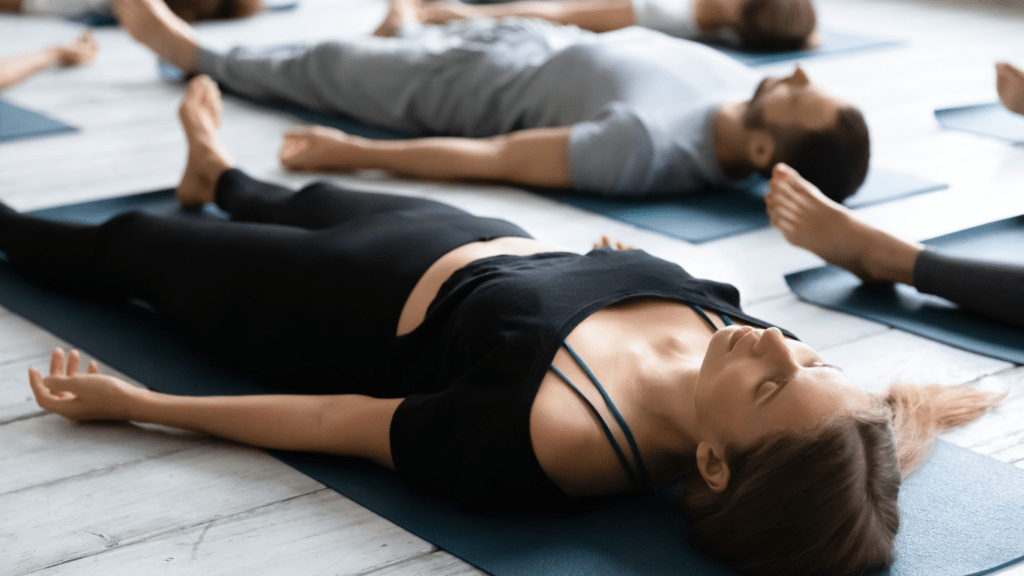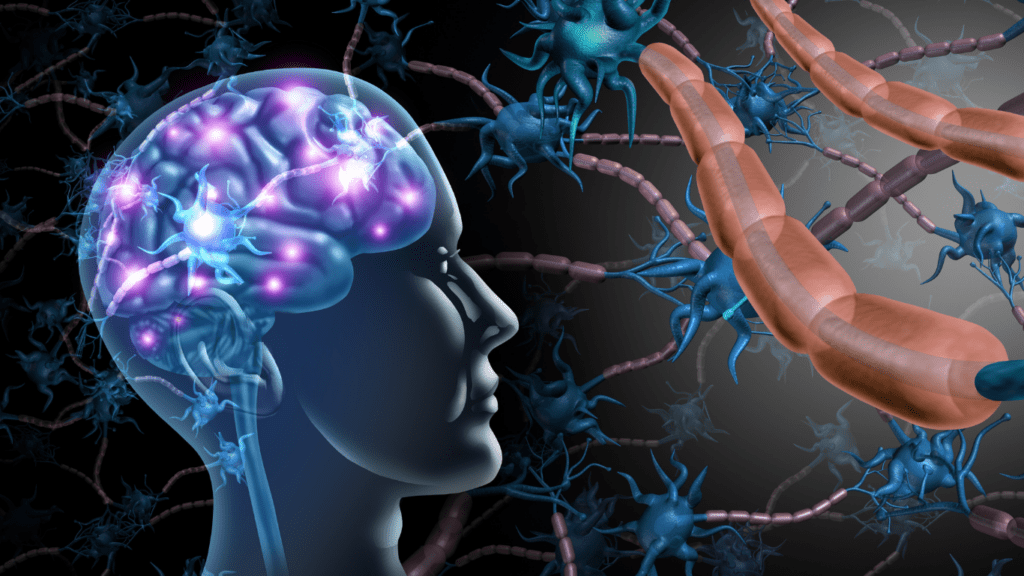I’ve always been fascinated by the idea of optimizing my mind—finding ways to think clearer, focus longer, and feel more mentally sharp. In today’s fast-paced world, who wouldn’t want an edge? That’s where biohacking comes in. It’s not just a buzzword; it’s a movement that’s changing how we approach mental performance.
Understanding Biohacking Mental Performance
Increasing mental clarity and focus has led many, including me, to explore biohacking. This approach combines science, technology, and actionable strategies to maximize cognitive performance.
What Is Biohacking?
Biohacking refers to the practice of using techniques and tools to improve the brain’s functioning. It includes:
- dietary adjustments
- supplements
- wearable devices
- mental exercises
Individuals adopt methods like fasting, nootropics (e.g., Modafinil, L-Theanine), or neurofeedback to optimize brain function. By personalizing strategies, biohackers aim for measurable cognitive improvement.
The Science Behind Mental Performance Enhancement
Enhancing mental performance relies on understanding and influencing key neurological processes. Dopamine and serotonin play roles in motivation and mood, while neuroplasticity governs the brain’s ability to adapt and learn. Research-backed interventions like brain stimulation (tDCS) or mindfulness meditation influence these mechanisms. Studies have shown that consistent application of such methods can increase attention and reduce mental fatigue, supporting sustainable productivity.
Current Trends In Biohacking Mental Performance

Advances in biohacking focus on integrating supplements, technologies, and tailored diets to optimize cognitive function. Here’s what’s gaining attention now.
Supplements And Nootropics
- Many individuals use nootropics to enhance focus, memory, and mental energy.
- Popular options include L-Theanine combined with caffeine for sustained attention, and Rhodiola Rosea for reducing mental fatigue.
- Modafinil remains a top synthetic choice for boosting alertness during tasks requiring extended concentration.
- Research-backed supplements like Omega-3 fatty acids and Lion’s Mane mushroom are also linked to improved neuroplasticity and protection against cognitive decline.
- For microdosing, compounds like Psilocybin are being explored for therapeutic applications, targeting creativity and mood improvement.
Brain-Boosting Technology
Wearable devices and neurostimulation tools are transforming brain optimization. EEG headsets, like those from Muse, track brainwaves, helping users refine focus and relaxation techniques. Transcranial Direct Current Stimulation (tDCS) devices are increasingly used for boosting learning ability and problem-solving speed. Apps that leverage AI for personalized mental health insights are also popular, efficiently tailoring recommendations based on activity, sleep, and dietary data. Virtual reality (VR) environments designed for mindfulness training are improving stress-management practices.
Diet And Nutrition Hacks
Personalized nutrition plans aligned with metabolic goals help maintain stable energy levels and sharpness throughout the day. A ketogenic diet, focusing on high fat and low carbs, is favored for producing ketones, offering an alternative energy source for the brain. Intermittent fasting enhances mental clarity by stimulating brain-derived neurotrophic factor (BDNF). Including foods like dark leafy greens, avocados, and blueberries, which are high in antioxidants and vitamins, supports long-term brain health. Adaptogens, such as Ashwagandha and Ginseng, are showing efficacy in stress reduction and improved cognitive performance.
Proven Techniques That Are Working Now
Biohacking mental performance relies on evidence-based methods for effective results. These techniques address focus, clarity, and long-term cognitive health.
Meditation And Mindfulness Practices
Meditation reduces stress and enhances mental focus through structured mindfulness routines. Practices like mindful breathing and body scanning help lower cortisol levels, promoting calmness and cognitive flexibility. Apps such as Headspace and Calm provide guided sessions, making mindfulness more accessible. Studies link consistent meditation to increased gray matter density in brain regions tied to memory and learning.
Exercise And Neuroplasticity
Exercise stimulates neural growth and supports brain adaptation by boosting neuroplasticity. Aerobic activities, including running and cycling, increase brain-derived neurotrophic factor (BDNF), which is critical for learning and memory. Resistance training, such as weightlifting, has shown potential for enhancing executive functions. High-Intensity Interval Training (HIIT) improves both physical health and mental processing speed.
Sleep Optimization Strategies
Optimizing sleep is critical for memory consolidation and emotional regulation. Techniques like maintaining consistent sleep schedules and reducing blue light exposure before bedtime improve sleep quality. Wearable devices like Oura Ring and WHOOP track sleep metrics to identify disruptions. Supplements like magnesium glycinate and melatonin aid in falling asleep faster and staying asleep longer, when combined with healthy sleep habits.





